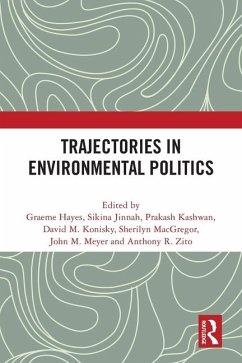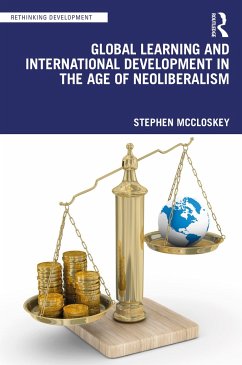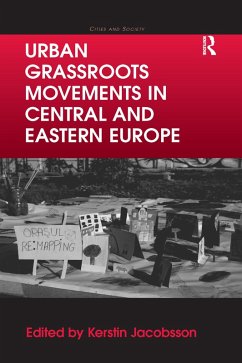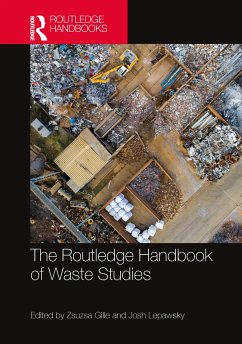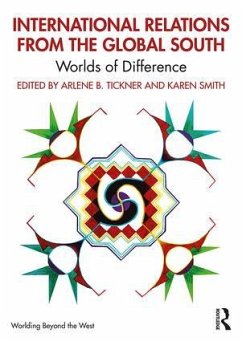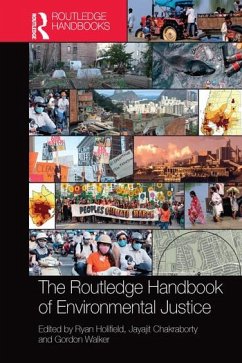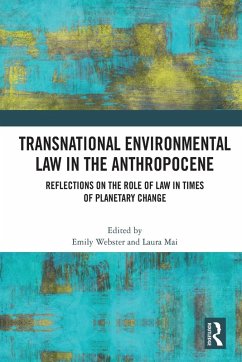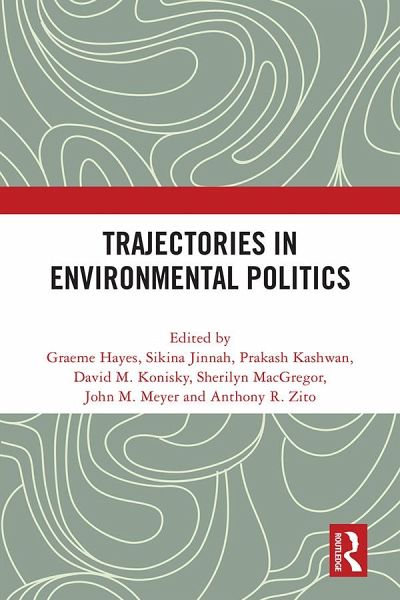
Trajectories in Environmental Politics
Versandkostenfrei!
Versandfertig in 6-10 Tagen
154,99 €
inkl. MwSt.

PAYBACK Punkte
77 °P sammeln!
This book explores the dominant framings and paradigms of environmental politics, the relationship between academic analysis and environmental politics, and reflects on the first thirty years of the journal, Environmental Politics.The book has two purposes. The first is to identify and discuss the key themes that have driven scholarship in the field of environmental politics over the last three decades, and to highlight how this has also led to oversights and silences, and the marginalisation of important forms of analysis and thought. As several chapters in the book explore, problem-solving f...
This book explores the dominant framings and paradigms of environmental politics, the relationship between academic analysis and environmental politics, and reflects on the first thirty years of the journal, Environmental Politics.
The book has two purposes. The first is to identify and discuss the key themes that have driven scholarship in the field of environmental politics over the last three decades, and to highlight how this has also led to oversights and silences, and the marginalisation of important forms of analysis and thought. As several chapters in the book explore, problem-solving frameworks have increasingly taken away space from more radical systemic challenge and critique, as the key themes of environmental politics have become ever more central to the field of politics as a whole - and as our understandings of social and environmental crisis become ever clearer and more urgent. The second purpose of the volume is to map out a series of new and developing agendas for environmental politics.
The chapters in this volume focus foremost on questions of justice, materiality, and power. Discussing state violence, multispecies justice, epistemic injustice, the circular economy, NGOs, parties, green transition, and urban climate governance, they call above all for greater attention to intersectionality and interdisciplinarity, and for centering key insights about power relations and socio-economic inequalities into increasingly widespread, yet also often depoliticised, topics in the study of environmental politics.
The chapters in this book were originally published as a special issue of Environmental Politics.
The book has two purposes. The first is to identify and discuss the key themes that have driven scholarship in the field of environmental politics over the last three decades, and to highlight how this has also led to oversights and silences, and the marginalisation of important forms of analysis and thought. As several chapters in the book explore, problem-solving frameworks have increasingly taken away space from more radical systemic challenge and critique, as the key themes of environmental politics have become ever more central to the field of politics as a whole - and as our understandings of social and environmental crisis become ever clearer and more urgent. The second purpose of the volume is to map out a series of new and developing agendas for environmental politics.
The chapters in this volume focus foremost on questions of justice, materiality, and power. Discussing state violence, multispecies justice, epistemic injustice, the circular economy, NGOs, parties, green transition, and urban climate governance, they call above all for greater attention to intersectionality and interdisciplinarity, and for centering key insights about power relations and socio-economic inequalities into increasingly widespread, yet also often depoliticised, topics in the study of environmental politics.
The chapters in this book were originally published as a special issue of Environmental Politics.



